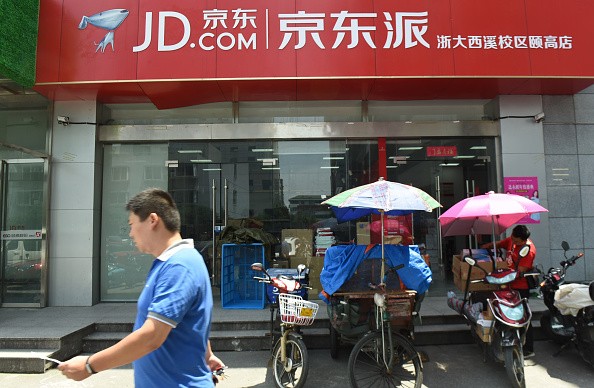Alibaba Group and JD.com, China's two biggest e-commerce companies, have increasingly become the preferred shopping destinations for the country's 720 million Internet users.
Over the past few months, both Alibaba and JD.com invested hundreds of millions of yuan in groceries, resulting in a price war aimed at dragging shoppers away from purchasing from supermarkets and corner stores.
The online retail market is currently flourishing in China due to the country's highly efficient and low-cost courier industry. According to the National Statistics Bureau, nearly 20 percent of online purchases are fast-moving consumer goods, which include toiletries, soft drinks and fresh food.
Both companies have made their strategies to get a strong foothold in the blossoming online grocery market. Alibaba first tested the supermarket strategy last 2012 by launching Tmall grocery services in Hangzhou and Shanghai.
In 2015, the grocery business was listed as one of the company's four pillars of online retailing.
Alibaba spent about 1 billion yuan in Beijing alone in order to subsidize grocery shoppers and vendors in that year. According to a staff member at Tmall, Alibaba made huge investments in warehouse facilities and logistics to enable the engagement of fresh produce sales.
JD.com set up its own online supermarket division in Oct. 2015 to respond to Alibaba.
Walmart sold Yihaodian, one of China's earliest online grocery websites, to JD.com in exchange for about $1.5 billion worth of company equity. This provided JD.com shoppers a wider access to imported Walmart products.
Feng Yi, Vice President of JD.com, said, "After the deal, JD.com announced a 1 billion yuan investment in Yihaodian over the next three months and an ambitious goal of developing JD.com as the largest grocery retailer in three years."
Last Oct. 19, Alibaba and Suning Commerce Group Co. established a new e-commerce joint venture to combine the strengths of both companies.
The next day, JD.com stepped up by opening up Walmart-branded stores on JD.com and investing $50 million in New Dada, a JD.com-backed online grocery specialist.
Alibaba and JD.com's efforts to reshape their businesses echoed Alibaba Chairman Ma's call on e-commerce companies to adapt a radical change in the global retail industry as the boundary between online and offline sales becomes increasingly blurred.



























